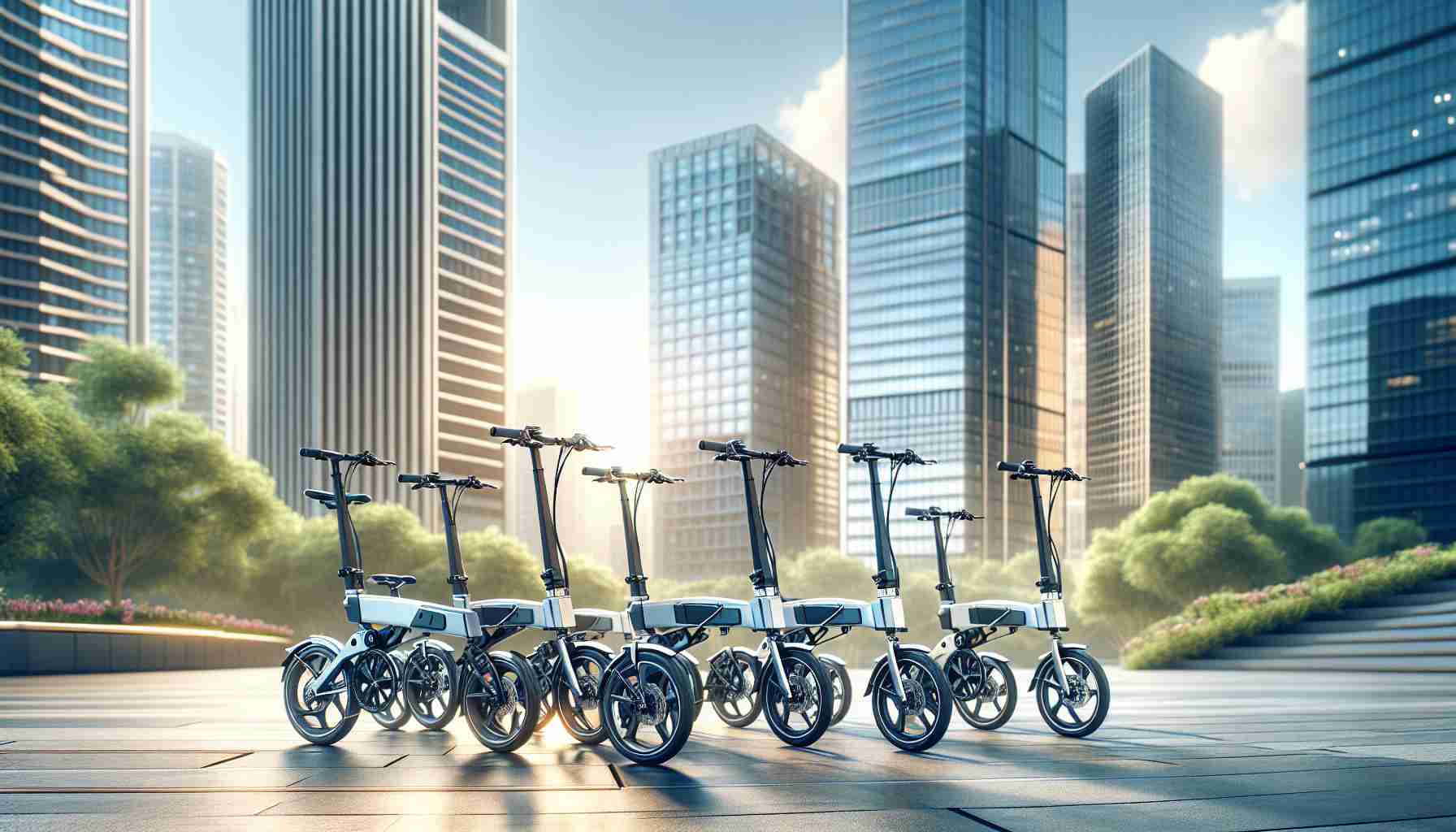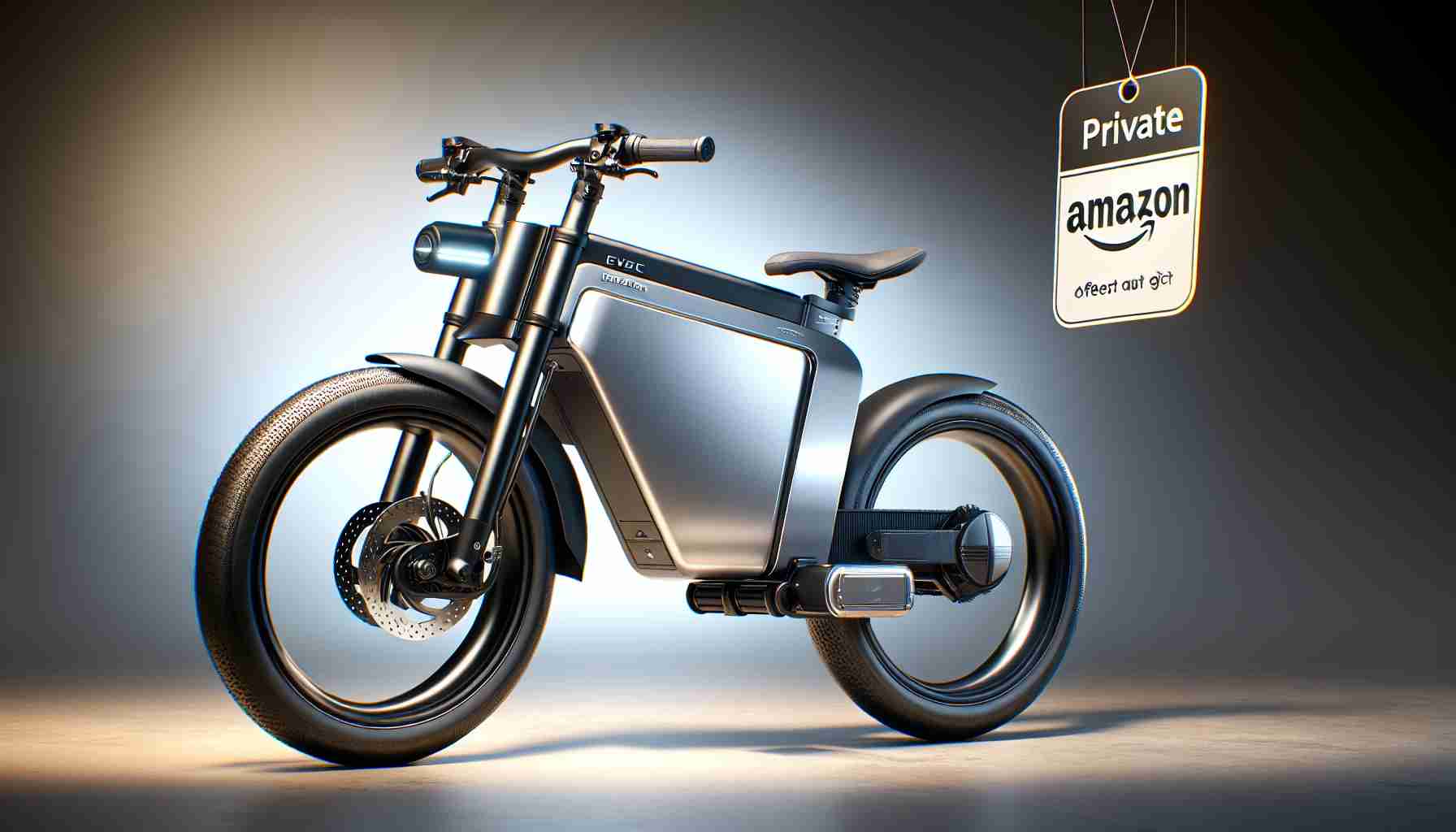Transforming your daily trips into invigorating workouts is becoming easier, thanks to the popularity of folding electric bicycles. These innovative rides seamlessly combine mobility with functionality, providing an ideal solution for urban dwellers. With added motor support, cyclists can effortlessly cover greater distances, making commutes not only quicker but also healthier.
Among various models, the Rad Power Expand 5 Plus stands out for its exceptional design tailored for safety and performance. Built to weather various conditions, its robust frame and hydraulic disc brakes ensure reliable handling even in adverse weather. Additionally, the bike is equipped with advanced battery technology that maintains consistent power delivery throughout its impressive 60-mile range.
What sets this e-bike apart is its dual-class capability, allowing riders to switch between different power configurations according to local regulations. Moreover, the inclusion of a USB-C charging port provides convenience for tech-savvy cyclists who need to stay connected on the go.
For those whose daily routines demand a lightweight option, the Lectric XP Lite offers a practical alternative. Weighing in at only 46 pounds, it seamlessly merges portability with decent performance, making it perfect for urban commuting or transit. With adjustable features that accommodate varying heights and a respectable range, it maintains high utility without compromising ease of use.
Folding electric bikes represent a future-forward choice for commuting, blending efficiency with eco-friendliness. As they continue to gain traction, enthusiasts have more choices than ever to enhance their riding experience.
Folding electric bicycles (e-bikes) have surged in popularity as a transformative solution for urban mobility. This trend reflects a broader movement towards sustainable transportation options, as cities face growing congestion and pollution challenges. The e-bike industry has experienced exponential growth, driven by increasing consumer interest in eco-friendly transportation modes and advancements in battery technology.
Market forecasts suggest that the global e-bike market is set to continue its upward trajectory, with a projected growth rate of around 7-10% annually over the next several years. According to a report by Research and Markets, the global e-bike market was valued at approximately $23 billion in 2021 and is expected to reach $39 billion by 2026. This growth is fueled not only by the popularity of folding e-bikes but also by innovations in design, performance, and legislative support for electric vehicles.
Several key issues are currently influencing the e-bike industry. Regulatory frameworks vary significantly across regions, affecting how e-bikes are classified and the permissible specifications. In some areas, limitations on speed and motor power impact consumer adoption. Additionally, safety concerns—including the need for better integration of e-bikes with existing traffic systems and infrastructure—remain a focal point for policymakers and manufacturers alike.
Moreover, the ongoing semiconductor shortage has affected the production of not only e-bikes but also other electric vehicle segments, leading to delays and increased prices. As consumers increasingly seek alternative modes of transport as a response to rising gas prices and climate concerns, the e-bike market must adapt quickly to meet demand while addressing these supply chain challenges.
Looking ahead, manufacturers are expected to focus on enhancing the technological features of e-bikes, such as integrating smart technology for better navigation and connectivity, as well as improving battery efficiency for longer ranges. As the e-bike community continues to evolve, we can expect to see an increase in customization options, catering to diverse riding styles and preferences.
For more information about the e-bike industry and trends, visit Electric Bike or Bike Europe.







